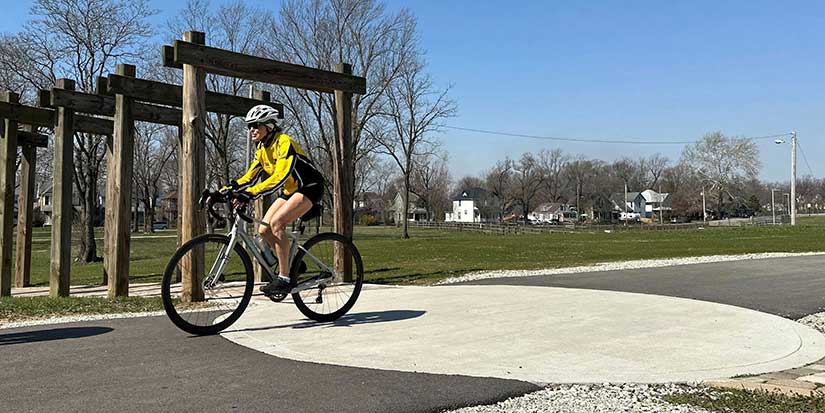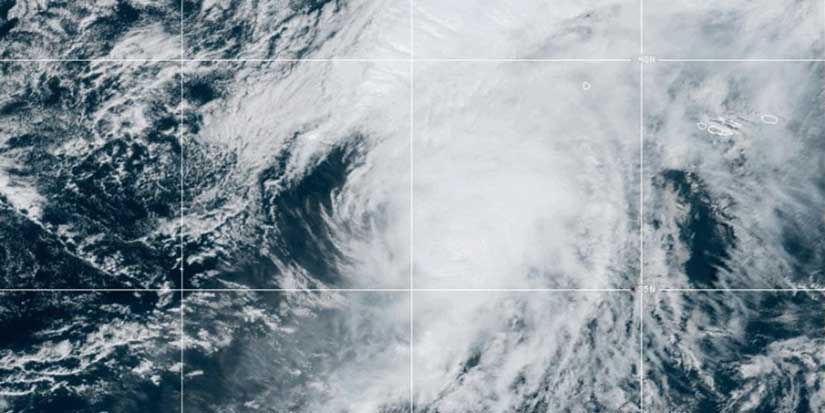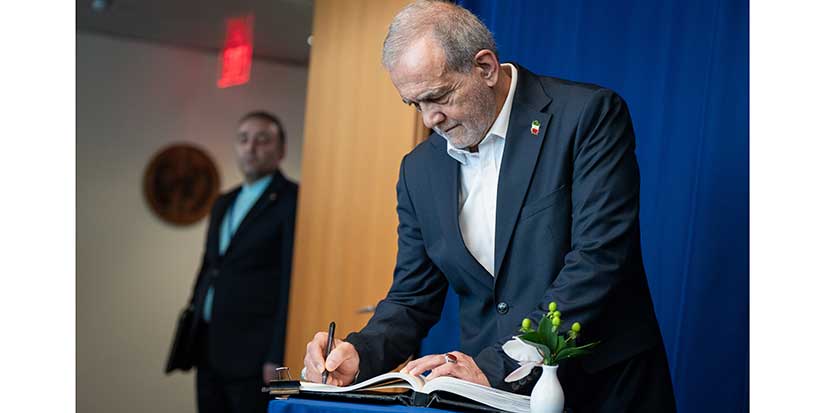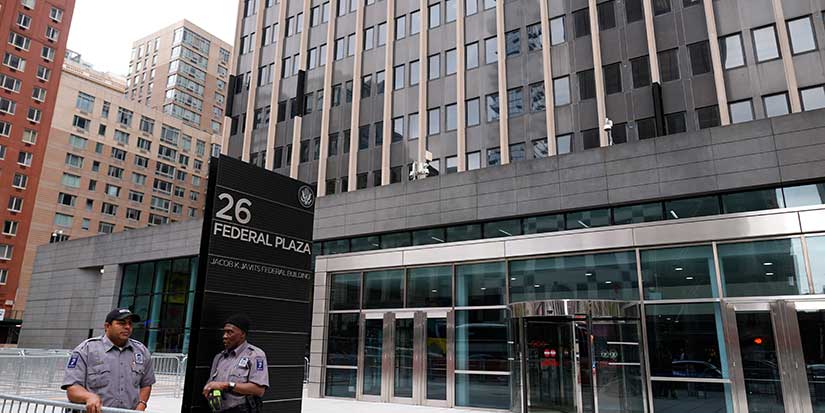Latest News
High cost of healthy eating in B.C.

—
A new report suggests nutritious diets are unaffordable for many B.C. families and individuals living on low-incomes.
The Food Costing in BC 2022 report assesses the affordability of healthy eating for individuals and families in the province. According to the latest data, the average monthly cost of a nutritious diet for a family of four in B.C. in May and June 2022 was $1,263 per month.
“Food insecurity is a significant public health issue,” said Dr. Geoff McKee, medical director of Population and Public Health at the BC Centre for Disease Control (BCCDC). “The price of food does not affect everyone equally and the root cause of household food insecurity are low incomes.”
The BC Centre for Disease Control (BCCDC), a part of the Provincial Health Services Authority (PHSA), collaborates with health authorities and Ministry of Health to monitor the average cost of a nutritious diet in B.C. Food costing is typically conducted every two years; however, due to the COVID-19 pandemic, this is the first food costing report since 2017.
Food costing in B.C. uses a survey tool known as the national nutritious food basket to assess the cost of 61 food items at grocery stores in different parts of the province. According to the report, average monthly costs in 2022 in the five regional health authorities ranged from $1,193 in Fraser Health to $1,366 in Island Health.
After a review of five different household compositions and income scenarios, the report shows many people and households who live on low incomes, especially on income or disability assistance, cannot afford a nutritious diet after paying rent.
The report indicates that about four per cent of people in B.C. experience severe food insecurity, which means missing meals, reducing intake or not eating for a day or more at a time. Almost 15 per cent (or 732,000) of people in B.C. struggle to put food on the table.
“Access to affordable, culturally preferable, nutritious and safe food is critical to the health and wellbeing of British Columbians,” said Dr. Charmaine Enns, medical health officer, Island Health. “Household food insecurity takes a major toll on people's physical and mental health, social and emotional wellbeing, and on our provincial health care system.”
Babies, children and youth may experience an increased risk of anemia, lower nutrient intake, asthma and hospitalization as well as have poorer academic outcomes and social skills. Adults living in food insecure households report higher rates of chronic disease including diabetes, heart disease, and high blood pressure. It can also lead to symptoms of anxiety, sleep disturbance, social isolation and depression.
Studies have found that health care costs are up to 76 per cent higher for food insecure adults compared to those with sufficient access to healthy food.































